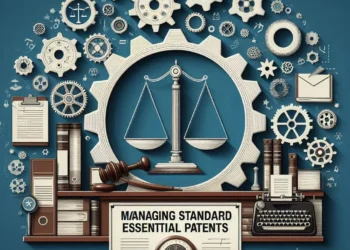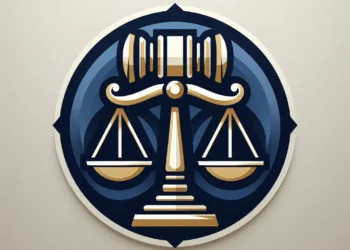Yesterday the SC dismissed the leave petition of Oppo to seek relief from the adverse judgment of Delhi HC dated 3rd July 2023, which was passed by the divisional bench, in favor of Nokia, and directed Oppo to make a pro-tem payment to Nokia within 4 weeks. The purpose of the Delhi HC’s order was to balance the equity between the two parties (Nokia and Oppo) while they continue to negotiate the terms of their SEP license agreement. The reason I chose to discuss this case now as this can be an excellent reference for understanding the status of SEP jurisprudence in India. Context is all the more important given the current controversy around consultation triggered by DPIT (Department of Promotion of Industry and Internal Trade) to explore the possibility of asking the SEPs holders to map their SEPs upfront while filing Form 27 – a statement of “working of patents” in India. This seems to me totally impractical to implement. The reason will become apparent as you read through this note.
Background
Nokia and Oppo already were in agreement to license each other SEPs (involving cross-licensing) which expired on 30th June 2021. Under this agreement, Oppo paid a certain sum to Nokia linked to their device sales. Oppo is refused to renew the agreement on terms offered by Nokia and instead made a counter. This counter was unacceptable to Nokia, and therefore Nokia in July 2021 filed CS 303/2021 for infringement of its three SEPs by Oppo. The judgment for the same was delivered on 17th Nov 2022 in favor of Oppo. Aggrieved by it, Nokia filed an appeal in the Divisional Bench of the same court, and the judgment for the same was delivered in favor of Nokia on 3rd July 2023.





